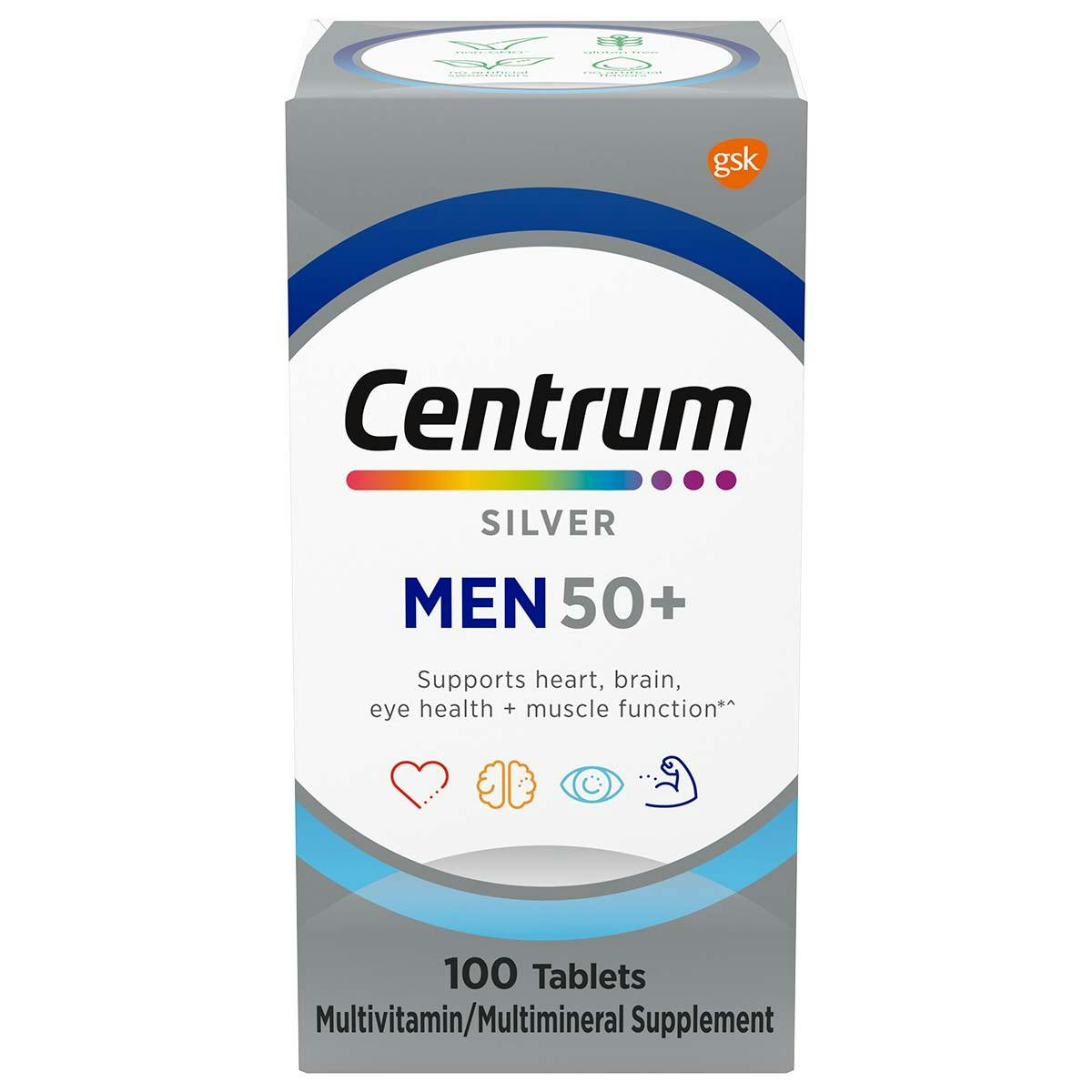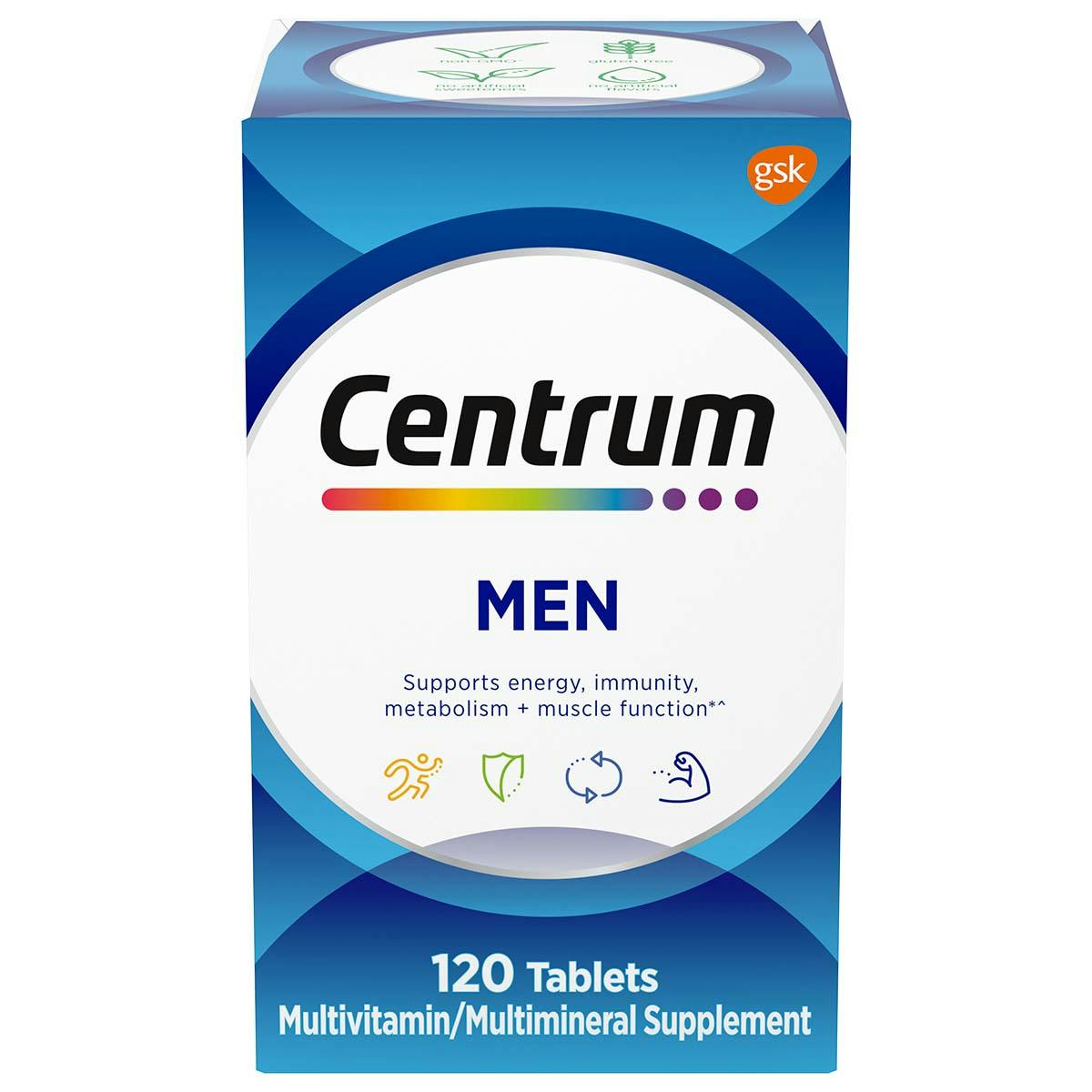Vitamin B6
A B vitamin that plays a critical role in forming new cells in the body and supporting immune health.

What is Vitamin B6?
Vitamin B6 is a vitamin that’s used to produce pyridoxine—a component of amino acids that helps form the basis of DNA, the blueprint for cell production. As such, vitamin B6 can be regarded as playing a critical role in forming all the new cells in the body. Vitamin B6 is also a component in immune system cells. And it has another job too: It’s involved in making heme, which is part of hemoglobin, the compound in red blood cells that transports oxygen throughout the body.*

Why is Vitamin B6 Important?
It’s easy for vitamin B6 to get lost in the crowd. The other B vitamins—niacin, vitamin B12, and folic acid—seem to make headlines more often than vitamin B6. Vitamin B6 is not fully appreciated for all that it does to foster good health, including the fact that it works well with other nutrients to keep your body’s processes running smoothly.*
Recommended Dietary Allowance
Sources of Vitamin B6

Salmon

Wheat Cereal

Bran Cereal
Centrum Silver

Specially formulated for men 50+ to help support heart health, brain function, healthy eyes, and muscle function.
Centrum MultiGummies

A multivitamin gummy with hair, skin, and nail benefits, and support for strong bones and daily energy.*
Vitamin B6 Helps Support
Recommended Articles
Explore Additional Vitamins & Minerals
*This statement has not been evaluated by the Food and Drug Administration. This product is not intended to diagnose, treat, cure, or prevent any disease.










